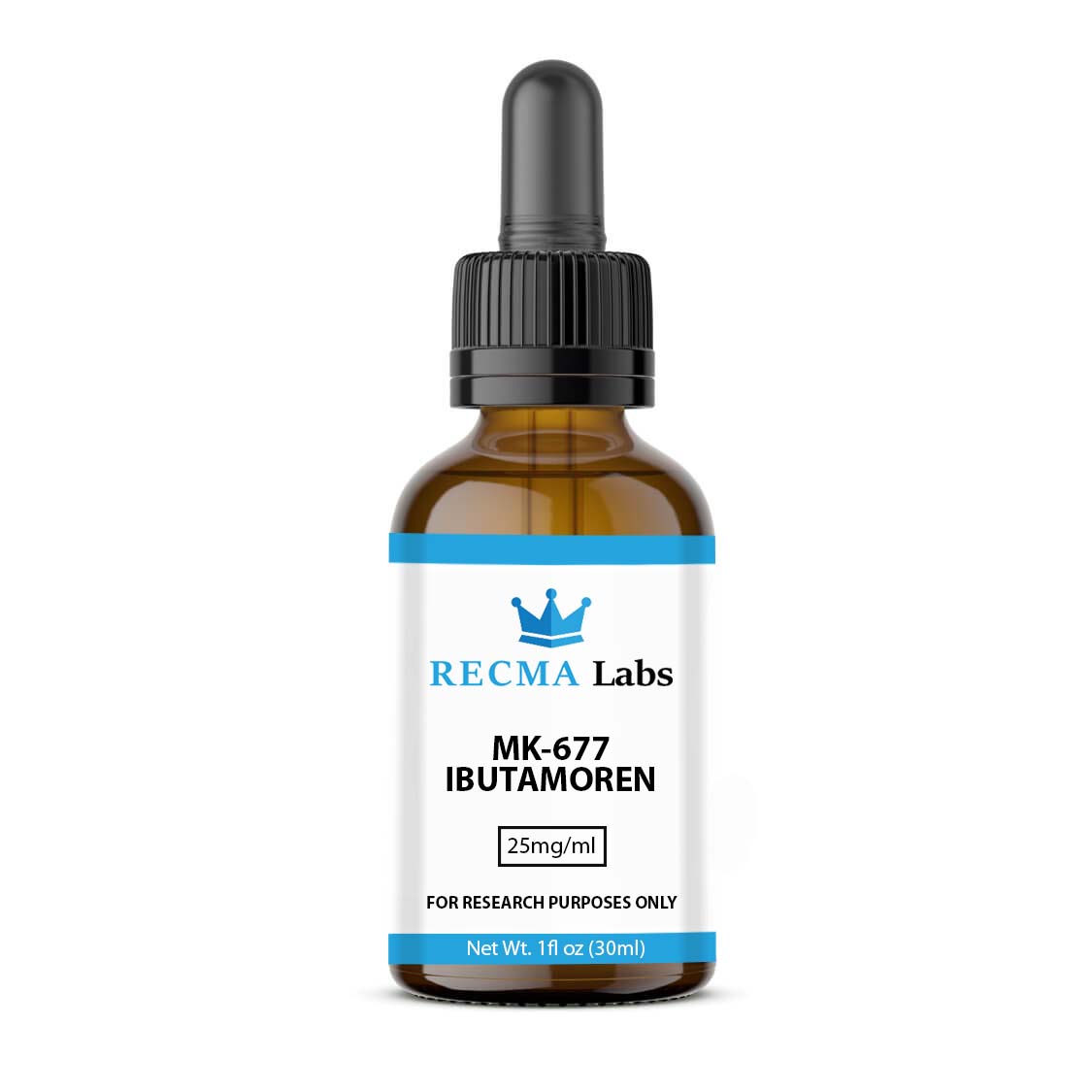
Often purchased together with

RAD-150 (TLB-150) – Liquid
RAD-150: The esterified form of RAD-140
RAD-150, also known as TLB-150, is the esterified form of the much-discussed SARM RAD-140. Originally, RAD-140 was extensively studied in male, gonadectomized rats that exhibited signs of neurodegenerative conditions due to reduced androgen levels.
A study conducted by Jayaraman et al. concluded that supplementation with RAD-140 had neuroprotective effects in male rats, primarily via MAPK signaling pathways. The study also showed that RAD-140 was nearly as effective as testosterone in protecting against cell death. Additionally, RAD-140 resulted in an average weight gain of 10% in young monkeys over a period of 28 days, largely consisting of lean mass according to DEXA scans.
What does esterification do?
Esterification is a chemical process in which a hydroxyl group (-OH) is replaced by an ester group. In RAD-150, this has been applied to RAD-140, making the compound **more stable, longer-lasting, and possibly better bioavailable** than its original form. This results in **longer circulation in the body** and **slower breakdown**, which is interesting for research purposes.
Differences between RAD-140 and RAD-150
The addition of benzoate esters in RAD-150 increases stability and bioavailability. Unlike RAD-140, RAD-150 has a longer half-life and is absorbed more quickly, while maintaining similar anabolic properties.
🧪 Contents
The bottle contains a solution of 20 mg/ml.
There is a glass pipette in the bottle with a scale of 0.2 ml to 1 ml, which allows you to dose easily and accurately.
📄 Disclaimer
This material is sold exclusively for use in laboratory research. Sales conditions apply. Not for human consumption, nor for medical, veterinary, or household use. Familiarize yourself with our DISCLAIMER before ordering.
Choose options


